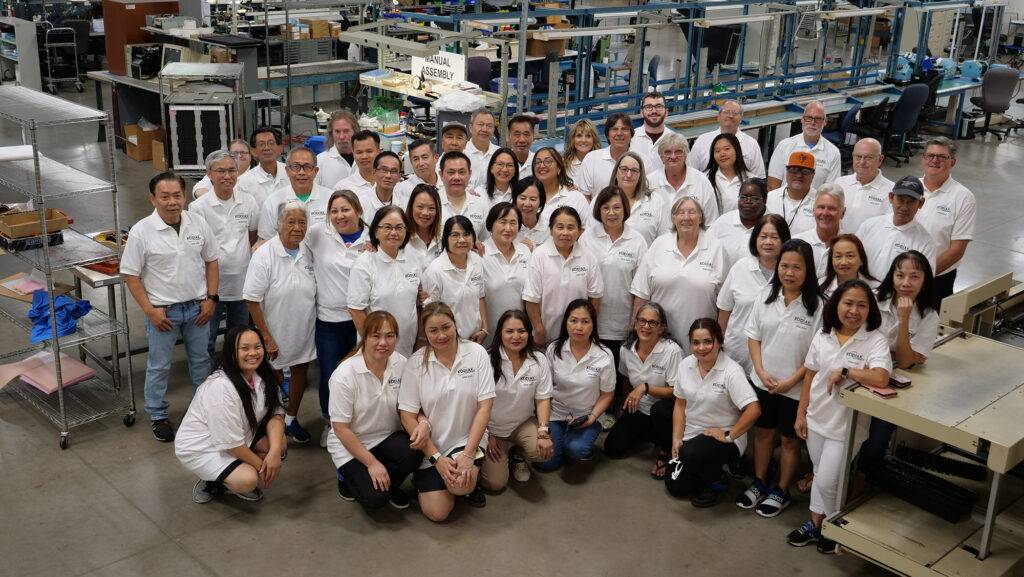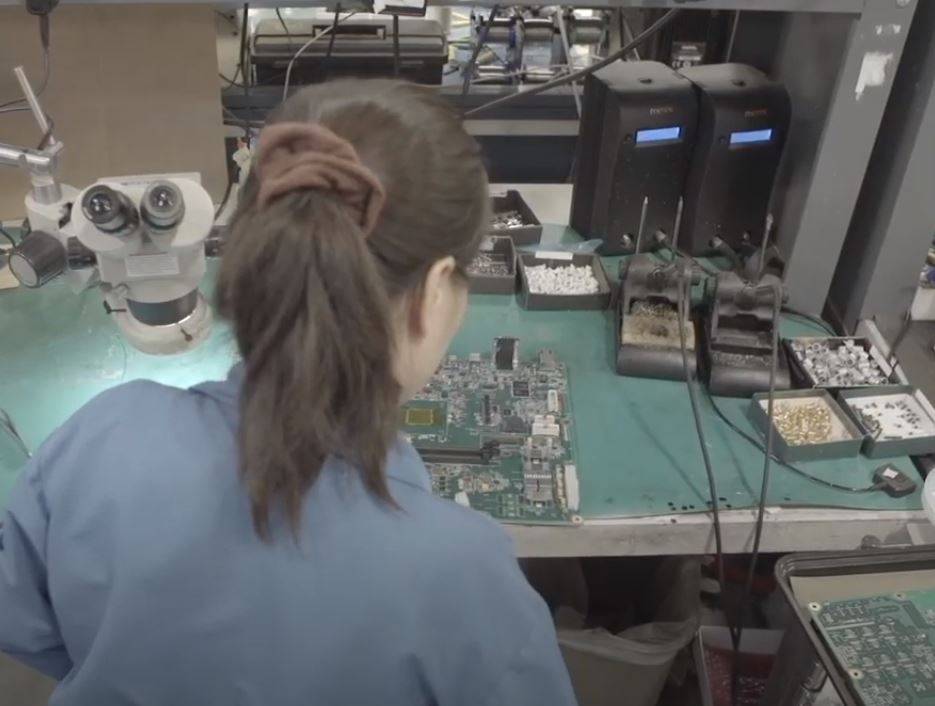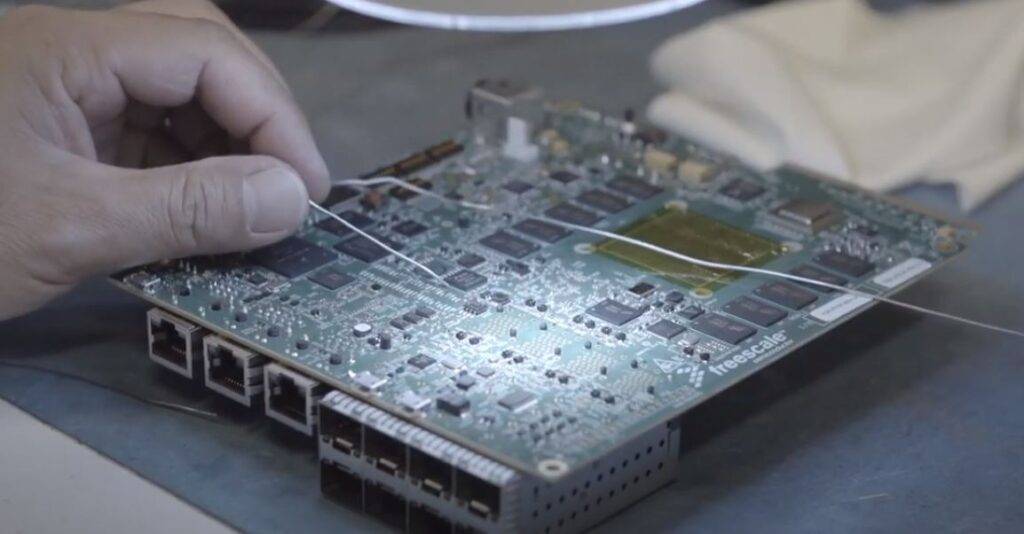How Tariffs Could Affect the Manufacturing Industry

Those who thought they only problem they’d have to worry about was the ongoing component shortage certainly received a surprise when it was announced that approximately $50 billion worth of Chinese imports in 1300 categories of products could be subject to 25 percent tariffs. The potential tariff, developed in protest of Chinese policies around technology and intellectual property deemed unfair to the U.S; could have major effects on several industries, companies, and quite possible consumers in the United States.
While this might lead to change in policy and trade (or even possible spark a trade war between two of the largest economies in the world), here are some of the potential effects that tariffs could have on the manufacturing industry:
Components could be harder to obtain
The large number of product categories affected by the tariffs includes diodes, LEDS and other types of semiconductors, along with items used in semiconductor manufacturing such as rubber or plastic molds and instruments used for checking the electrical properties of chips and optical equipment for inspecting wafers or chips. The list also contains many products used in the electronics manufacturing supply chain such as televisions, VCRs, and a host of electronic components such as printed circuit boards, caps and wires.
In addition, cell phones, computer equipment and semiconductors are some of the most vulnerable products to these tariffs and a potential trade war. Technology and electronics industries might be hurt the most by these proposed tariffs – as multitudes of companies rely on suppliers from China and they equally sell to companies located in China.
With an already short supply on many electronics components, imposing tariffs may make them even more difficult to obtain and could put a financial strain on many companies, leaving those who can afford the larger cost or those companies that choose to offset the cost by cutting jobs or shifting the cost to consumers, at an inherent advantage.
With the shortage still looming over the manufacturing industry, many now also have the possibility of a trade war to think about. With the threat of tariffs on many Chinese imports – and China’s retaliation by threatening to impose its own tariffs – it may be time to talk about reshoring, or at the very least, diversify sourcing.
There might be a bigger shift toward reshoring
One positive result for domestic manufacturers that could come out of imposing tariffs on nearly all Chinese imports means that companies might shift toward reshoring again. The tariffs could result in overseas manufacturing becoming too expensive and therefore, companies may choose to shift their production back to the U.S.
While reshoring isn’t a negative effect for our economy, necessarily – and we’re all for reshoring – it’s likely going to be an unexpected pivot for many.
Larger companies with established resources and manufacturing and a vast network of suppliers have the ability to respond to changes in policy much quicker than smaller companies who rely on products and parts overseas.
Uncertainty and unpredictability
As of right now, the tariffs imposed on imports from China are not set in stone – which can be both good and bad. The frank possibility of these tariffs being imposed has already sparked retaliatory efforts by China, which has implied that they could enforce their own tariffs on American goods. Uncertainty and unpredictability in any situation leaves those in decision-making positions on edge, which could lead to brash or knee-jerk responses (take a look at Harley Davidson).
With the combined uncertainty and unpredictability in the ongoing electronics component shortage, you can expect that many companies are left in a tight spot. For many companies who don’t have the larger advantages such as Apple, it might be better to consider widening the list of suppliers and opting to work with a domestic contract manufacturer.
Looking to partner with a domestic contract manufacturer? At Kodiak Assembly Solutions, we have developed manufacturing and assembly solutions with the customers’ business goals in mind. Our experience lies in our experienced team, our state-of-the-art machines, clean facility and quality-centered processes.
Contact us today to learn about our assembly and manufacturing solutions.



